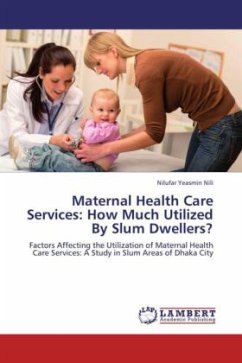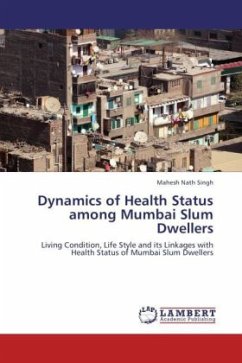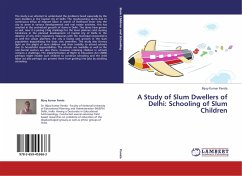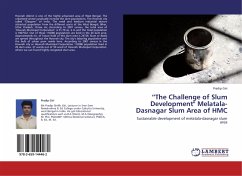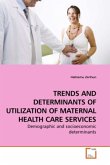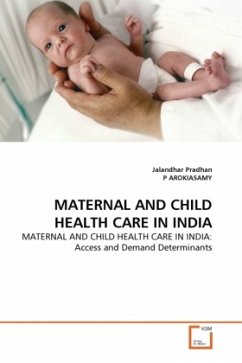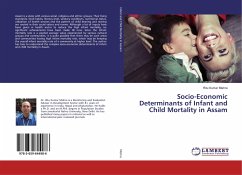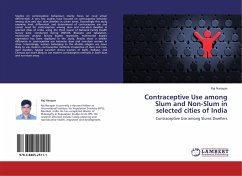Bangladesh has one of the highest maternal mortality rates (MMR) in the world, i.e. 3/1000 live births. The situation is worse due to inadequate access to modern health care services & poor utilization. One of the public health challenges is, therefore, to identify vulnerable groups and to provide them with needed health care services. Considering this matter, this study examined the socio-economic, demographic & cultural determinants of utilization of maternal health care services in slum areas of Dhaka city. The primary data was collected from 540 women aged 15-49. A semi-structured questionnaire was used to collect the information from slum dwellers. The overall MHCS was utilized by 86.3% of women; however, utilization of different sorts of MHCS was very low, i.e., the mean utilization was found to be 2.25 out of 5 MHCS. Indicator wise, ANC, receiving TT, institutional delivery, delivery assistance by health professional & PNC were received by respectively 61.3%, 80.4%, 12.6%,33.2% and 55.4% of women. Thus, this study might be a significant consideration in formulating the policy and future plan for reducing maternal mortality & morbidity in disadvantaged women of slum areas.
Bitte wählen Sie Ihr Anliegen aus.
Rechnungen
Retourenschein anfordern
Bestellstatus
Storno

